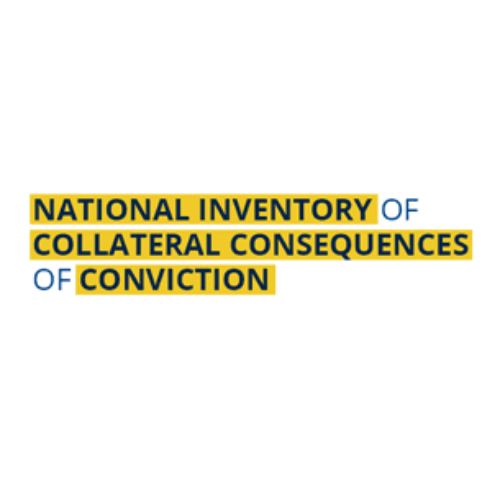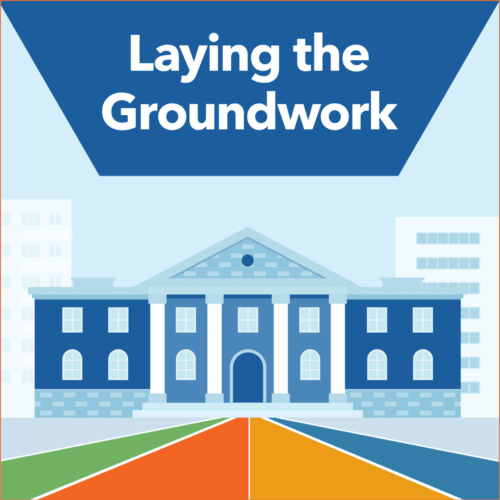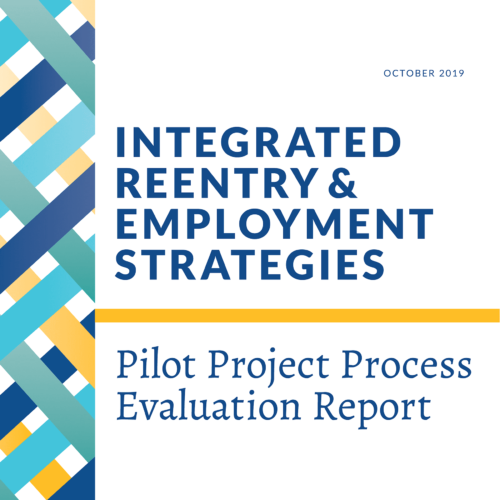Reentry
Removing Structural Barriers to Employment: A Playbook for Every State
Many state and federal regulations limit or prohibit people with criminal records from accessing employment, education, housing, and more. Some states have taken action to understand and remove these restrictions, known as collateral consequences, which have a particularly devastating effect on employment opportunities.
Our national playbook identifies best practice goals and strategies that states can implement to reduce the negative impacts of employment-related collateral consequences. The state playbooks show the progress that individual states have made toward meeting these goals.
Experts

Former Deputy Division Director, Corrections and Reentry
Le’Ann
Duran
led
the
CSG
Justice
Center’s
efforts
to
design
and
implement
strategies
to
support
economic
opportunity
and
prosperity
for
people
with
criminal
records.
She
spent
the
past
two
decades
working
with
nonprofits
and
government
agencies
to
design
and
implement
...
research-informed
policies
and
practices
to
address
crime
and
incarceration.
Previously,
Le’Ann
directed
the
National
Reentry
Resource
Center
and
served
as
the
administrator
of
the
Office
of
Offender
Reentry
for
the
Michigan
Department
of
Corrections,
where
she
managed
the
state’s
Prisoner
Reentry
Initiative.
Le’Ann
also
served
as
the
executive
director
of
the
Center
for
Employment
Opportunities.
She
received
her
BS
from
Texas
Tech
University
and
her
MS
from
Colorado
State
University.
Read More

Deputy Program Director, Corrections and Reentry
Josh
Gaines
focuses
on
issues
involving
the
collateral
consequences
of
criminal
conviction,
barriers
to
work,
and
relief
from
the
long-term
impacts
of
a
criminal
record.
In
addition
to
providing
direct
technical
assistance
to
state
leaders
and
other
stakeholders
working
to
...
safely
expand
opportunities
for
workers
with
criminal
histories,
he
also
oversees
the
CSG
Justice
Center's
Fair
Chance
Occupational
Licensing
Project
and
the
National
Reentry
Resource
Center's
Clean
Slate
Clearinghouse
and
National
Inventory
of
Collateral
Consequences
of
Conviction.
Josh
received
his
BA
from
North
Carolina
State
University
and
his
JD
from
the
Washington
College
of
Law
at
American
University.
Read More

Former Deputy Program Director, Corrections and Reentry
Chidi
Umez
provided
direction
and
support
for
projects
that
reduce
policy
barriers
to
economic
opportunity
for
people
with
criminal
records.
Projects
in
this
portfolio
addressed
the
impact
of
a
criminal
record
on
job
participation,
occupational
licensing,
and
business
engagement.
Prior
...
to
joining
the
CSG
Justice
Center,
Chidi
served
as
a
court
attorney
in
the
New
York
Civil
Supreme
Court
and
as
an
indigent
defense
attorney
in
Harris
County,
Texas.
She
received
a
BA
in
English
and
corporate
communications
from
the
University
of
Houston
and
a
JD
from
Texas
Southern
University,
Thurgood
Marshall
School
of
Law.
Read More
















